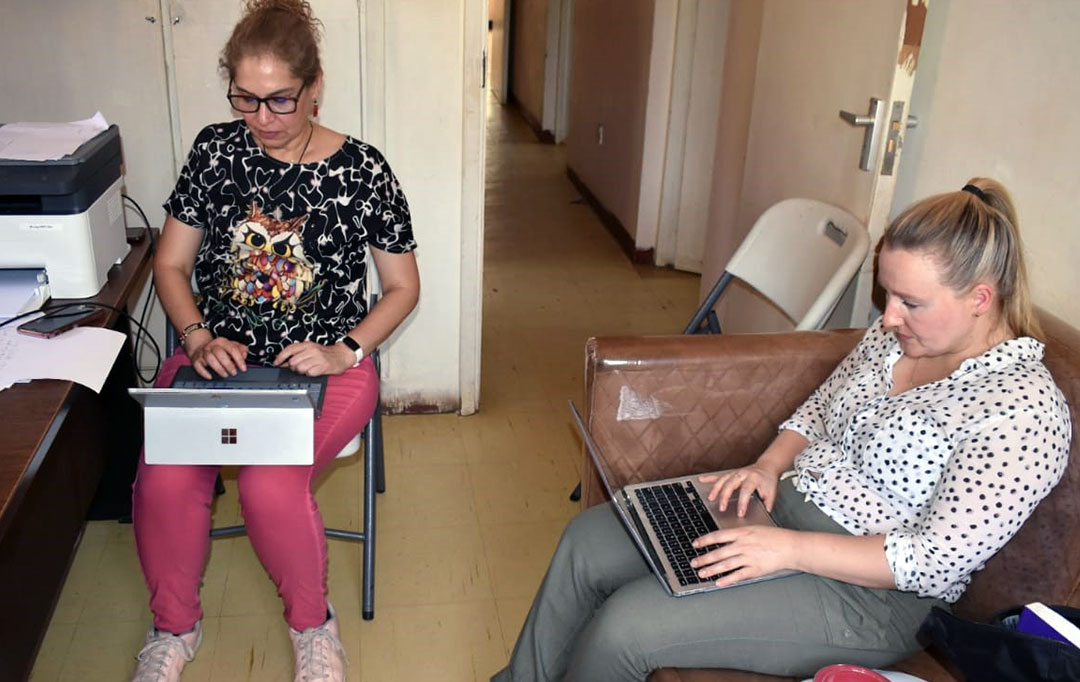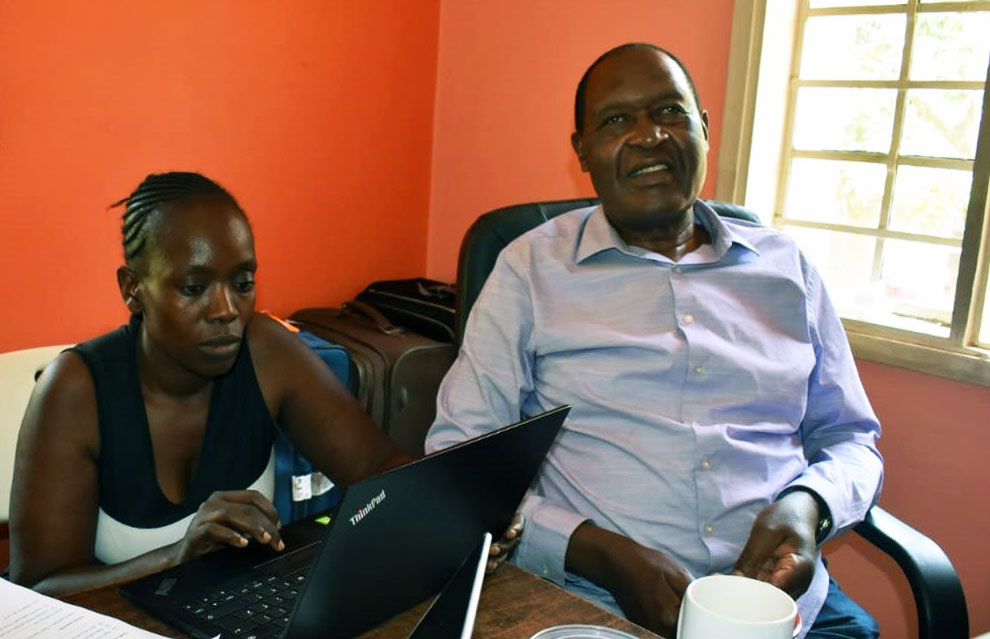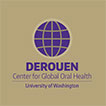Oral diseases are among the most prevalent non-communicable diseases (NCDs) worldwide. Salivary antimicrobial peptides (AMPs) are proteins regulated by our immune system that disrupt the membrane integrity of bacteria. There is very limited data on AMPs in young children living with HIV. In Kenya, where about 5% of the population is HIV positive, there are an estimated 105,000 infected children and adolescents aged 0-14. A newly awarded National Institute of Health (NIH) grant entitled “Dynamics of HIV-infection, Oral Innate Immunity and The Development of Oral Diseases in Children” aims to assess the extent to which HIV infection influences the occurrence and progression of oral diseases among HIV/AIDS Kenyan children and to create research capacity in global oral health by expanding current lab infrastructure to allow local analysis of salivary AMPs in the context of HIV. This University of Washington (UW) and University of Nairobi (UoN) award is led by Drs. Ana Lucia Seminario and Whasun Chung at UW, and Arthur Kemoli at UoN.

This longitudinal study will be conducted in a cohort of children who receive care at Jaramogi Oginga Odinga Teaching & Referral Hospital (and other affiliated HIV clinics in the Kisumu area), the largest local teaching and referral hospital in western Kenya. Over 12 months, we will recruit and follow a cohort of approximately 300 children (3-4 years old) stratified by presence of HIV. We will assess participants for anti-retroviral therapy (ART) adherence, length and regimen; dental plaque; CD4; HIV-1 RNA; and additional medications. Our aims are to: 1) Describe the impact of HIV infection on the secretion of salivary antimicrobial peptides at baseline and over a 12-month follow-up period. 2) Determine the associations between salivary AMPs and oral diseases in the context of HIV. 3) Enhance existing HIV research capacity. We will expand current human and infrastructure resources to include oral health research. While currently the study of salivary AMPs is conducted out of Kenya, we will build upon existing lab assets allowing locals to conduct these analyses, thus starting a line of research that increases Kenyan research opportunities.

In February 2023, researchers traveled to Kisumu, Kenya to kick-off the grant and begin enrollment.
